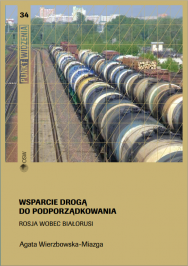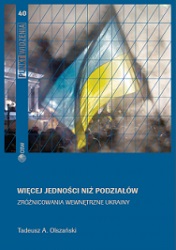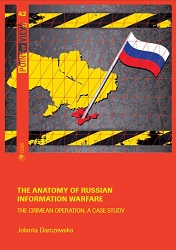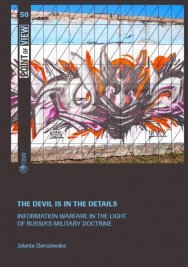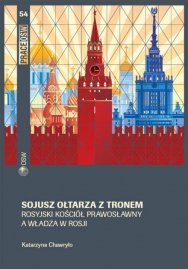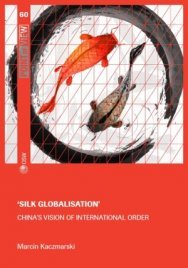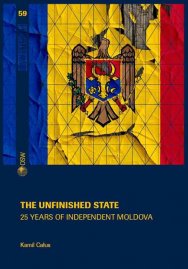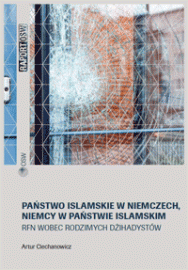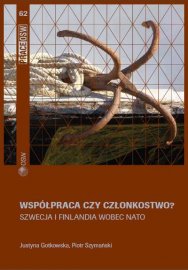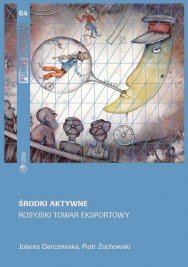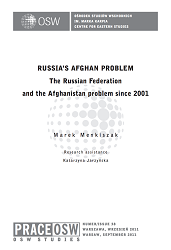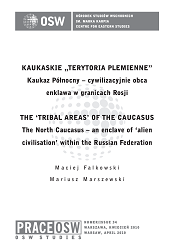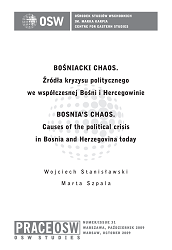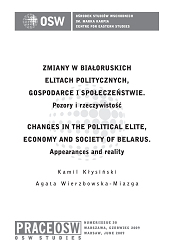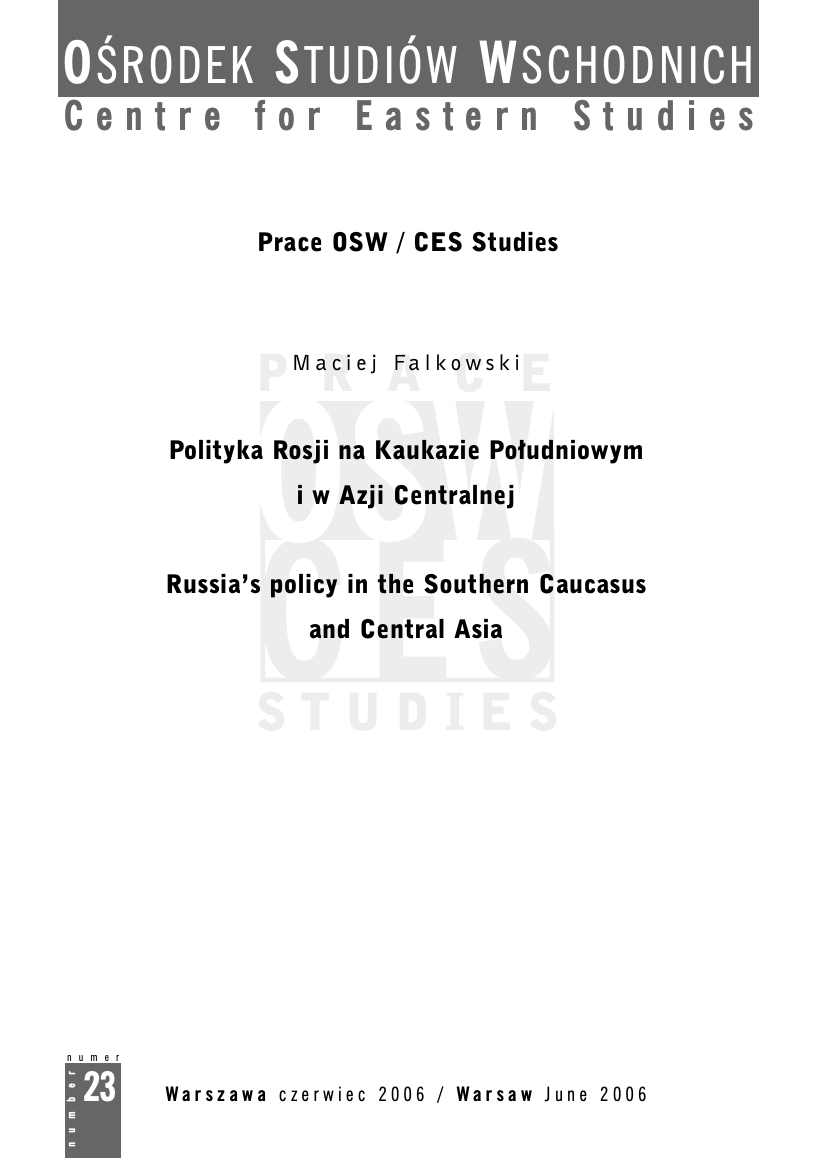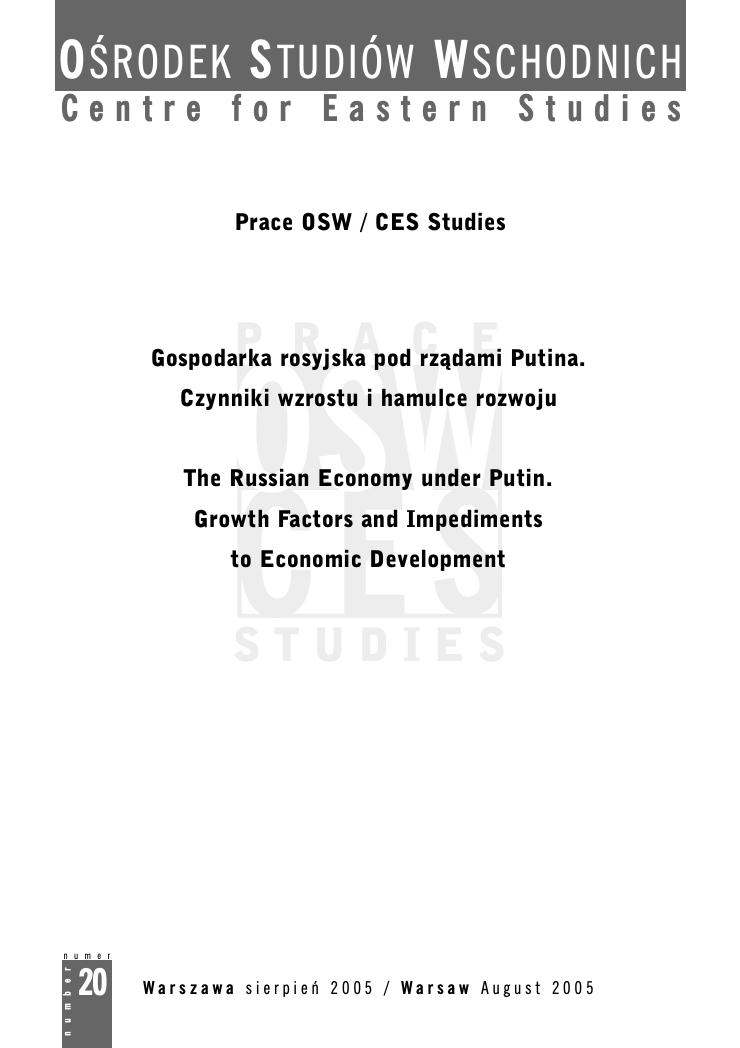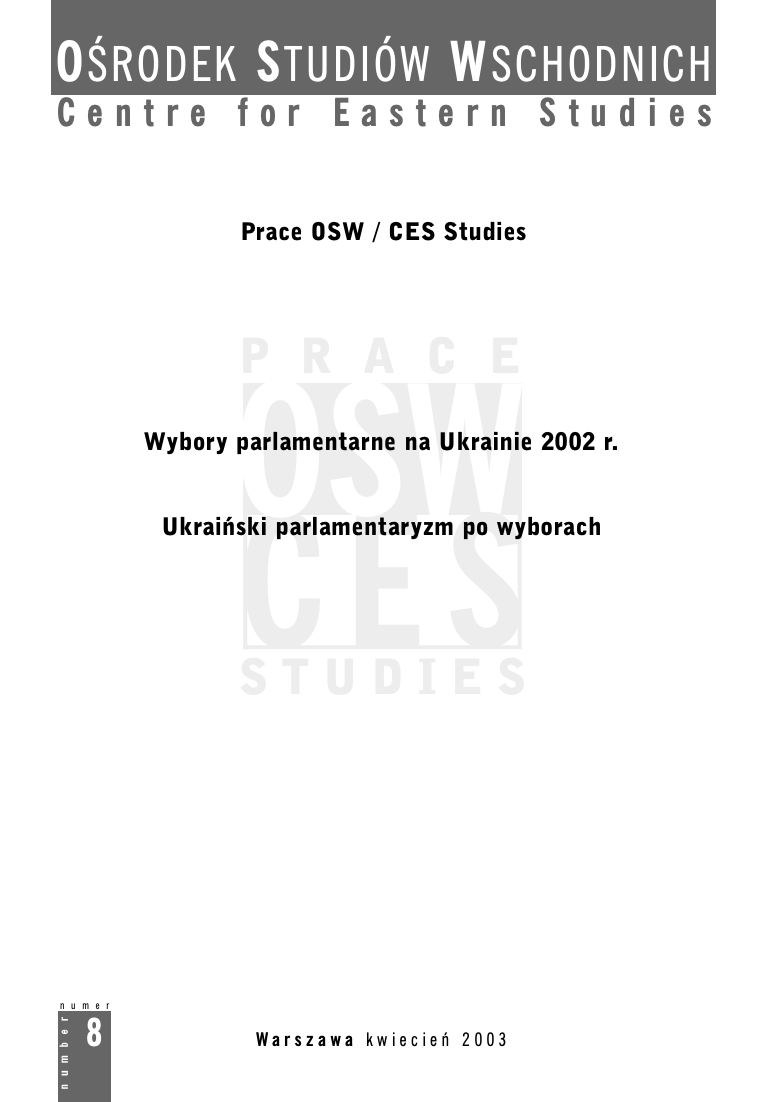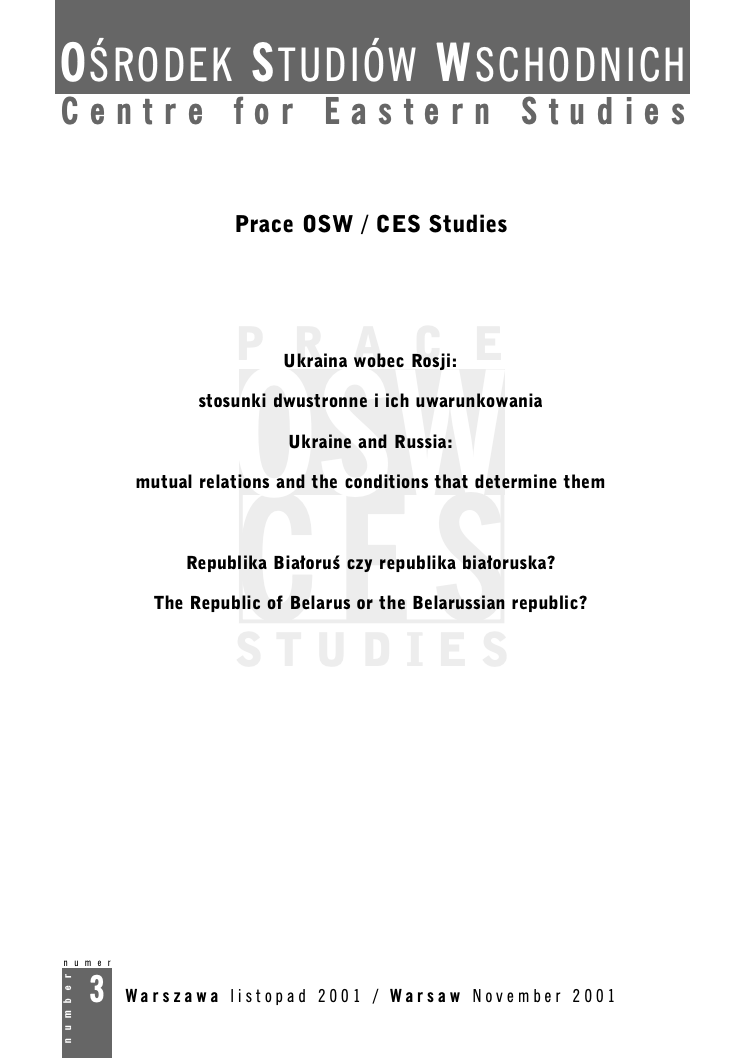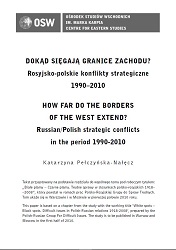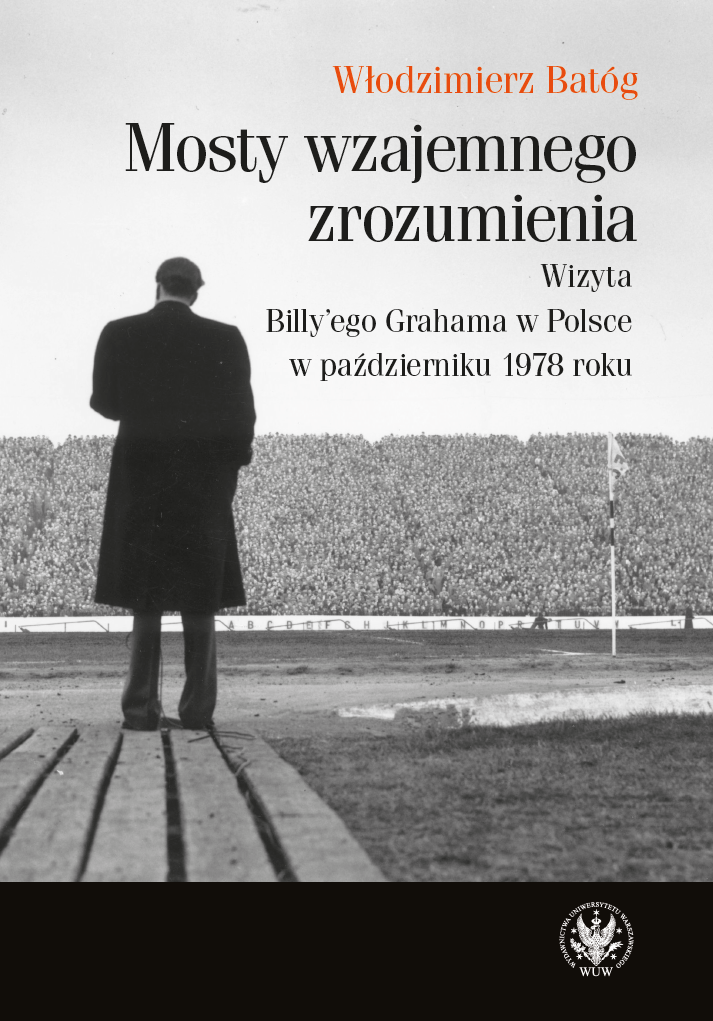Author(s): Maciej Falkowski / Language(s): English,Polish
1. The Southern Caucasus and Central Asia are priority areas for the foreign policy of the Russian Federation. Russia mainly sees its influence in both regions as an important factor determining its international stature, and as a precondition for reinforcing its position as a world power. The Caucasus and Central Asia are also important for Russia from the points of view of economy, especially because of those area's natural resource wealth, and security, as both regions generate serious potential threats to the Russian Federation, including Islamic fundamentalism, terrorism, the drugs trade and illegal migration. // 2. The policy which Russia has been implementing in the Southern Caucasus is ineffective. Even though its position in the region is still strong, Moscow has suffered painful defeats there and is systematically losing influence. These failings should largely be blamed on Russia's colonial 'divide and rule' attitude which involves inciting conflicts between the various Caucasian nations in order to keep them within the Russian sphere of influence. However, this approach is only effective in the short term. It is based on domination rather than co-operation, and reflects the Kremlin's ambition to keep the Caucasian states dependent on Moscow. For this reason they treat Russia as a 'necessary evil' rather than a constructive partner, and are trying to make themselves independent of their former overlords to as great an extent as they possibly can. This situation is not conducive to the development of lasting influence with sound regional foundations. // 3. The situation is different in Central Asia, where Russia has been scoring tactic victories and shoring up its position, mostly in the economic and military spheres. This is because the Kremlin has made skilful moves and is competently using the changing geopolitical situation in the region to pursue its own interests. Moscow has successfully implemented a 'carrot and stick' tactic in relation to the Central Asian states. Russia's position in the region is also strengthened by the fact that most Central Asian states are weak, and the West has shown relatively little interest in the region (apart from the energy sector). // 4. The weakness of the Kremlin's Central Asian policy is that it has failed to solve the mushrooming political, social and economic problems which the region is struggling with. This particular concerns the support that Moscow has been providing to the authoritarian regimes in Central Asia, whose rule is exacerbating those countries' internal problems and leading to the development of Islamic fundamentalism and terrorism. As a consequence of the Kremlin's approach, the threats that Central Asia poses to Russia and its interests in the region are mounting rather than diminishing. // 5. The Kremlin's policy for the Caucasus and Central Asia has some distinctive features. It is characterised by a post-imperial and post-colonial perception of both regions in the eyes of the Russian power elite. In addition, Russia has no positive development model to offer to the states and societies in Central Asia, such as would buttress economic reforms or encompass projects to solve the mounting internal problems or frozen ethnic conflicts. In both regions, the Russians have failed to promote any values that could appeal to the politically and socially active strata of societies in the two regions, and could compete with Western values in the Caucasus or with Islamic values in Central Asia.
More...
